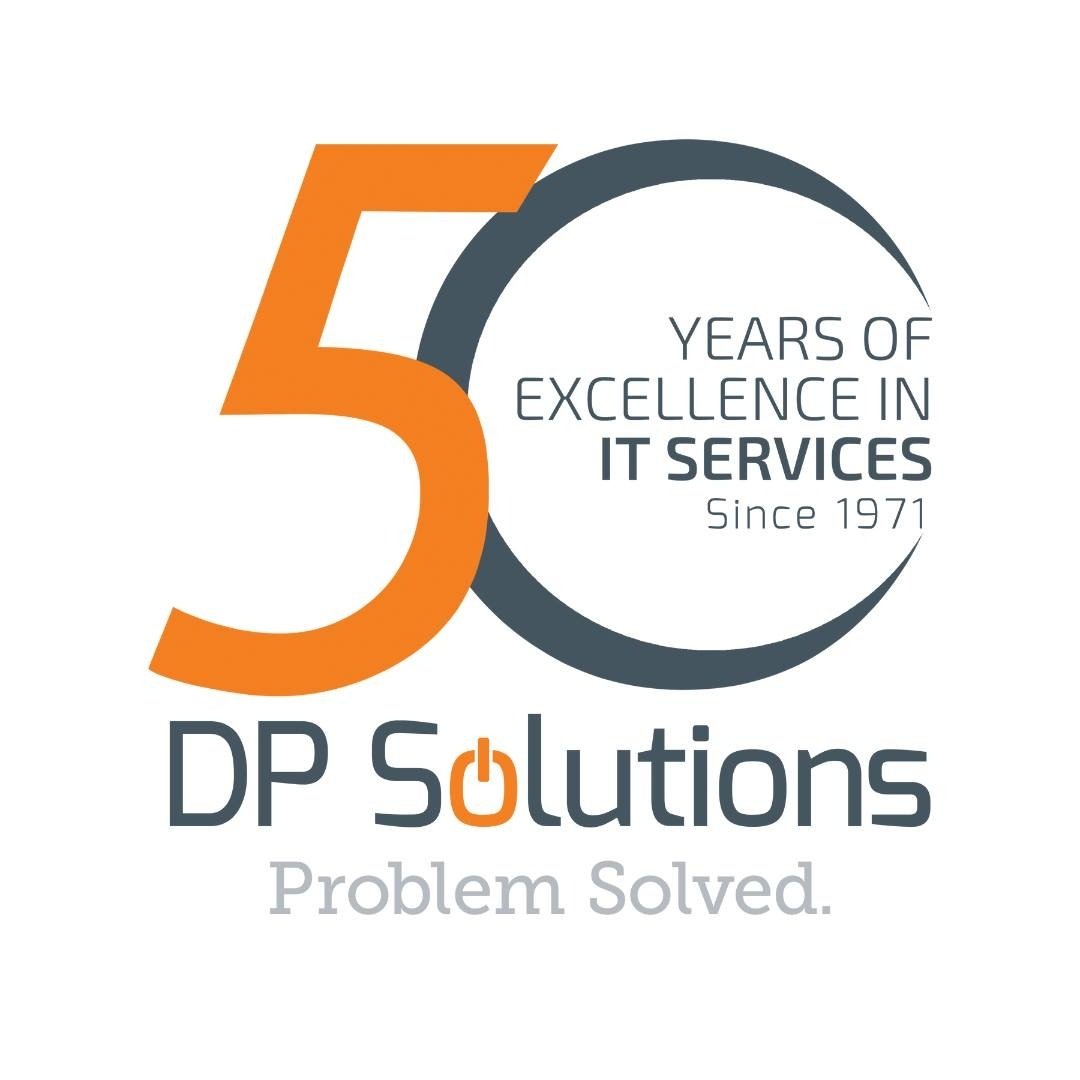Why Every Business Needs an AI Use Policy

October 6, 2025

Whether or not you are using Artificial Intelligence (AI) as a business, your employees are using it. They might be asking ChatGPT to draft an email, using AI-powered design tools, or leveraging Microsoft Copilot inside Office apps, but chances are your team is testing AI in ways that impact company data and workflows.
That’s why the very first step for any organization exploring AI (or even those who think they’re not using it yet) should be creating an AI Use Policy. Without clear guidelines, you risk exposing sensitive information, violating compliance regulations, or even making business decisions based on inaccurate AI-generated content.
Why You Need an AI Use Policy
- Your staff is already using AI
Even if AI isn’t formally part of your business strategy, employees are bringing it into the workplace on their own. An AI policy ensures that experimentation doesn’t create unnecessary risk. - Data security and compliance risks
AI tools can store or process the data you enter, which means sensitive customer or company information could be exposed. Regulated industries (healthcare, finance, government contractors) especially need guardrails. - Accuracy and accountability
AI can generate convincing but incorrect information. Without a policy, employees may not know how (or when) it’s appropriate to rely on AI output. - Ethical and reputational protection
Misuse of AI, such as generating biased, offensive, or plagiarized content, can damage your brand. A policy helps prevent missteps that could harm your reputation.
What Should an AI Use Policy Include?
A strong AI policy doesn’t need to be overly complex. At minimum, it should cover:
Approved Tools:
Define which AI platforms employees are allowed and not allowed to use. This helps manage risk and ensures employees don’t experiment with unvetted tools that could expose sensitive information.Data Protection:
Clarify what information can and cannot be entered into AI systems. For example, entering customer records, personally identifiable information (PII), medical details, or confidential financial data should be prohibited. This protects your organization from compliance violations and potential data leaks.Accuracy & Verification:
Make it clear that AI outputs are starting points, not finished products. Require employees to fact-check AI-generated content and verify sources before use.Usage Scenarios:
Outline acceptable applications of AI, such as drafting, brainstorming, or automation, and prohibited uses, like legal advice, financial reports, or final decision-making.Compliance Considerations:
Address industry-specific requirements (HIPAA, CMMC, GDPR, etc.) to ensure alignment. Show how the AI policy aligns with these requirements so employees understand the “why” behind the rules.Accountability:
Reinforce that AI is a tool, not a decision-maker. The responsibility for accuracy, compliance, and ethical use remains with the employee and, ultimately, the business. This ensures human oversight is always part of the process.
Steps to Create Your AI Use Policy
- Assess Current Usage – Survey your staff to understand how AI is already being used in daily workflows.
- Identify Risks & Requirements – Review security, compliance, and business considerations that need coverage.
- Draft Clear Guidelines – Keep the language simple and actionable; avoid overly technical jargon.
- Communicate & Train – Make sure employees understand not just the rules, but why they exist.
- Review & Update Regularly – AI is evolving fast, so your policy should be reviewed at least annually (or more often as tools change).
The Bottom Line
Before you jump headfirst into AI adoption, make sure you have the guardrails in place.
Even if your company hasn’t officially adopted AI, your employees probably have. That’s why an AI Use Policy is the first and most important step in preparing your business for the AI-driven future. It creates a balance between enabling innovation and protecting your company’s data, reputation, and compliance posture.
Ready to protect your business and build a Use Policy?
Reach Out To Us Today
Comments